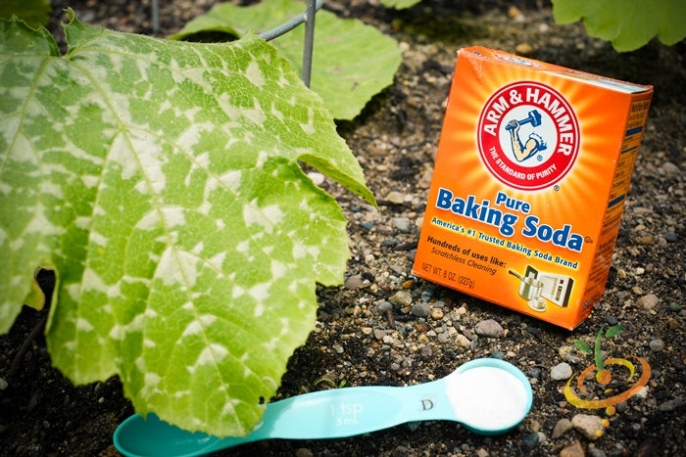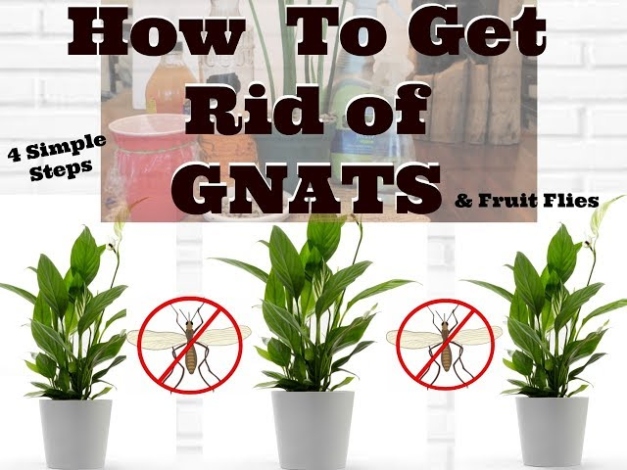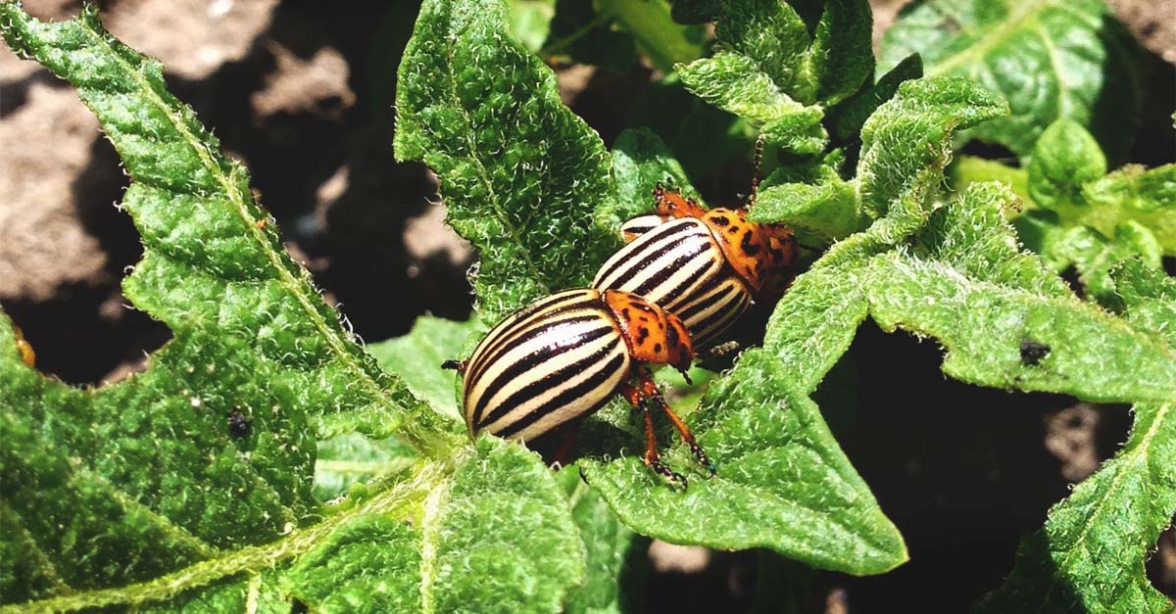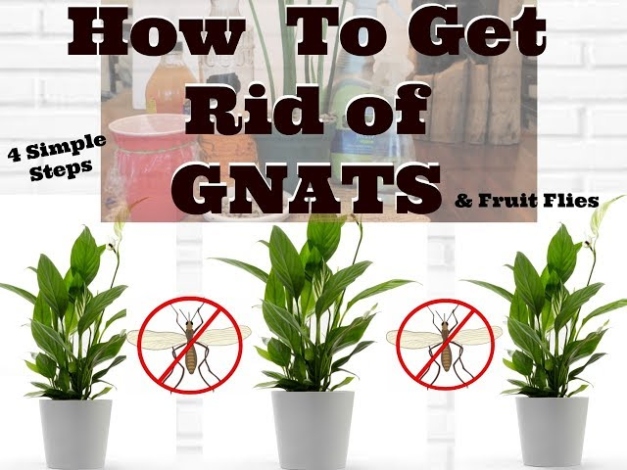How to Get Rid of Small Ants on Plants
What do you mean by small ants on plants?
Small ants on plants can be a common nuisance for gardeners and plant enthusiasts. These tiny insects can invade your plants, causing damage to the leaves and flowers. They are attracted to the sweet sap produced by plants, and once they infest your garden, they can be difficult to get rid of.
How can you identify small ants on plants?
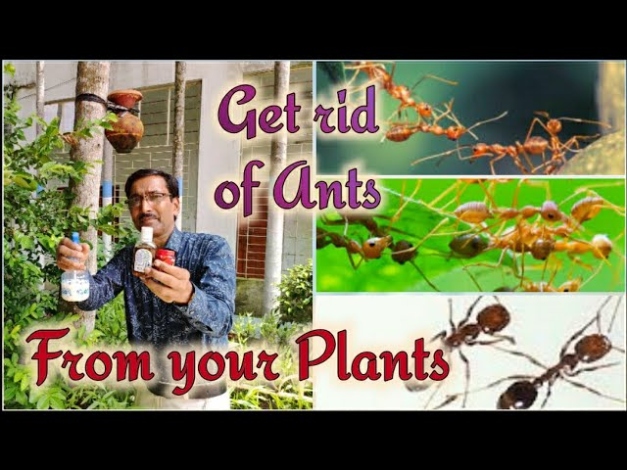
Image Source: ytimg.com
Small ants on plants are usually easy to spot. You may see them crawling on the leaves, stems, or flowers of your plants. They are typically small in size, ranging from 1 to 3 millimeters long. Some species may be black, while others may be brown or reddish in color. If you notice a trail of ants leading to your plants, it is a clear sign of an infestation.
What is known about small ants on plants?
Small ants on plants belong to the family Formicidae, and there are thousands of species worldwide. These insects are social creatures that live in colonies, with a queen ant responsible for laying eggs, worker ants foraging for food, and soldier ants defending the nest. They communicate through pheromones, which help them navigate and find food sources.
How can you get rid of small ants on plants?
There are several methods you can try to eliminate small ants on plants. One effective way is to use natural repellents, such as cinnamon, peppermint, or citrus oils. These scents can deter ants from entering your garden. You can also create barriers around your plants using diatomaceous earth or coffee grounds, which can make it difficult for ants to access your plants.
Another option is to use commercial ant baits or traps. These products contain insecticides that can kill ants and their colonies. Place the baits near the plants where you see the most ant activity, and monitor them regularly to ensure they are working effectively. Be sure to follow the instructions on the product label Carefully to avoid harming your plants.
If the infestation is severe, you may need to resort to using chemical pesticides. However, this should be a last resort, as these products can be harmful to beneficial insects and the environment. Always choose a pesticide that is labeled for use on ants and follow the instructions closely to minimize risks.
Additional tips for getting rid of small ants on plants
1. Keep your garden clean and tidy to remove food sources that attract ants.
2. Prune any overhanging branches or foliage that may provide a pathway for ants to access your plants.
3. Check your plants regularly for signs of ant activity and take action promptly to prevent infestations.
4. Consider planting ant-repelling herbs or flowers, such as mint, lavender, or marigolds, near your plants to deter ants.
5. If you have indoor plants, make sure to keep them free of crumbs and spills that can attract ants.
Conclusion
Dealing with small ants on plants can be a frustrating experience, but with the right strategies and persistence, you can effectively eliminate these pests from your garden. By using natural repellents, baits, traps, and other methods, you can protect your plants from ant infestations and promote a healthy garden environment.
FAQs
1. Are small ants harmful to plants?
Small ants can damage plants by feeding on the sap and leaving behind a sticky residue called honeydew. This can attract other pests, such as aphids, and cause further damage to the plants.
2. Will ant baits harm beneficial insects in my garden?
Ant baits containing insecticides can be harmful to beneficial insects if not used correctly. It is important to follow the instructions on the product label and place the baits in areas where non-target insects are unlikely to come into contact with them.
3. How long does it take to get rid of small ants on plants?
The time it takes to eliminate ant infestations can vary depending on the severity of the problem and the methods used. In some cases, it may take a few days to a few weeks to see a significant reduction in ant activity.
4. Can I use Homemade remedies to get rid of small ants on plants?
Yes, there are several homemade remedies you can try, such as vinegar, baking soda, or cayenne pepper. These natural ingredients can help repel ants and reduce their numbers in your garden.
5. How can I prevent small ants from coming back to my plants?
To prevent ants from returning to your plants, it is important to maintain good garden hygiene, remove any debris or food sources that may attract ants, and regularly inspect your plants for signs of ant activity.
6. Are there any plants that repel ants naturally?
Yes, there are several plants that are known to repel ants, such as mint, lavender, marigolds, and citrus trees. Consider planting these around your garden to deter ants from entering.
7. What should I do if the ant infestation persists despite my efforts?
If you have tried multiple methods to get rid of ants on your plants and the infestation persists, it may be time to consult a professional pest control expert. They can assess the situation and recommend the best course of action to eliminate the ants from your garden.
how to get rid of small ants on plants







